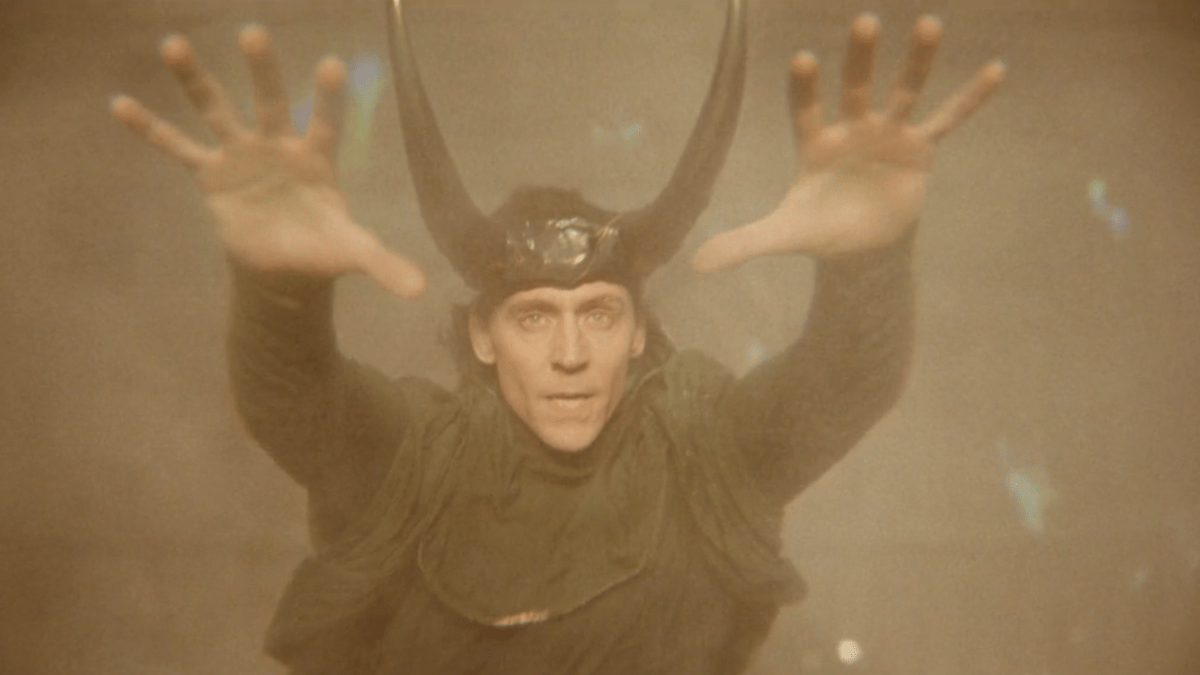Warning: This article contains full spoilers for Loki season 2.
Lately, it’s felt like the MCU is facing accusations that it’s dumbing down, given back-to-back flops like Ant-Man and the Wasp: Quantumania and Secret Invasion, so thank the Asgardian gods for the Loki season 2 finale, then. It hasn’t just restored our faith in Marvel’s intelligence, it might just be the smartest thing the studio’s ever made.
There’s so much texture to the writing in the last episode of the show’s sophomore run that it demands discussion and interrogation once you’ve watched it through. It calls back to Norse mythology, with the allusions to Yggdrasil the Tree of Life, and it even samples some classic poetry. Its emotional and thrilling conclusion, though, is the most impressive thing about the episode for sure. Especially as it brings Loki’s story full circle. And, no, I’m not just talking about his MCU story.
You see, the Loki finale takes the God of Mischief back to his roots — and I could not mean that any more literally. By the end of the episode, Loki has embraced the burden of his true glorious purpose and formed a giant temporal tree formed out of the infinite branched timelines. As a kind of God of Time, Loki now resides within the tree in a voluntary imprisonment. In this way, Loki is reversing his origins in the comics.
Loki season 2 finale’s Marvel Comics Easter Egg, explained
In Journey into Mystery #85, published in October 1962, Loki is introduced as the evil brother of Thor who was locked in a tree by their father Odin centuries ago. Revitalizing that concept, and turning it on its head, is the perfect way to encapsulate just how much Loki has grown as a character, across the mediums, over the past 60 years, evolving from a villain who needs to be incarcerated due to his wickedness to a hero who imprisons himself in order to save the multiverse.
With Loki seasons 1 and 2 being conceived as “two chapters of the same book” from the off, it’s highly likely that this ending was always the plan. Don’t believe me? Just pay attention to the many ways that Loki revisits the idea of time being cyclical — from the meanings of Mobius and Ouroboros’ names to the finale’s title, “Glorious Purpose,” mirroring the series premiere. With much of the MCU being made up as it goes along, the foresight and intelligence in the story structure of this series is almost breath-taking.
More of this and less Super-Skrull battles, please, Marvel.

